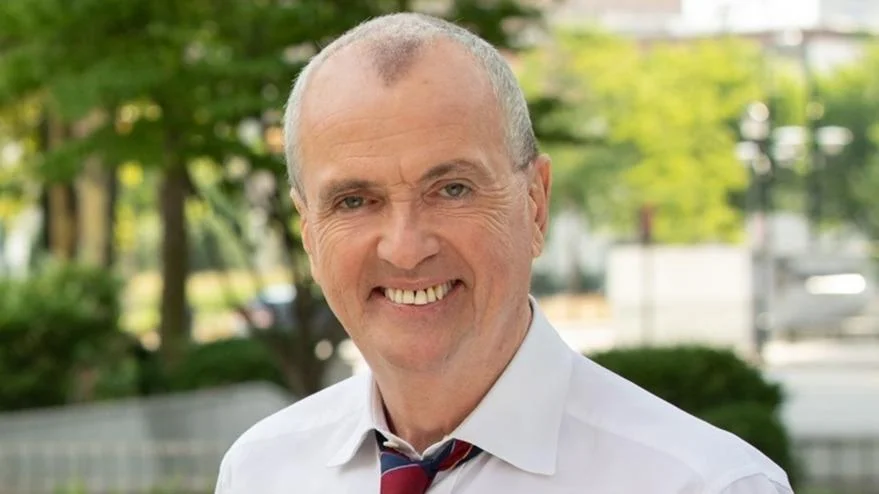
With plans progressing for new youth facilities in New Jersey and two existing facilities set to close, Attorney General Matthew J. Platkin has announced the creation of the Youth Justice Working Group: From Secure Care to Restorative Care. This group is tasked with providing recommendations on repurposing the New Jersey Training School and the Female Secure Care and Intake Facility, which are scheduled for closure.
New Jersey’s comprehensive youth justice reform has significantly reduced the number of young people sent to county-operated detention centers and Juvenile Justice Commission (JJC) facilities. As a result, in 2017, it was announced that these two facilities would close, with funding allocated for constructing new, smaller state-of-the-art facilities for youth requiring intensive support services. The first of these new facilities is expected to open in 2027.
Governor Phil Murphy established the Task Force for the Continued Transformation of Youth Justice in New Jersey in 2018. The Task Force recommended creating a group to explore options for repurposing the two closing facilities. The newly formed Working Group is an extension of this initiative.
“As a national leader in youth justice reform, New Jersey has much to be proud of for improving the well-being of our justice-involved youth,” said Governor Murphy. “The Youth Justice Working Group will provide recommendations that ensure that once closed, the New Jersey Training School and the Female Secure Care and Intake Facility are mindfully repurposed to continue our efforts to create a stronger, fairer, more equitable, and restorative juvenile justice system.”
Attorney General Platkin echoed these sentiments: “New Jersey continues to be a national model for systemic youth justice reform. Our comprehensive efforts have drastically reduced the number of youth entering the justice system.” He added that identifying innovative uses for these closing facilities is crucial to continuing their commitment to rehabilitative and preventive strategies.
One facility slated for closure, the Female Secure Care and Intake Facility in Bordentown, stands on what was once known as the Bordentown School—an important secondary school for African Americans founded by Rev. Walter A. Rice. The legacy of this historic site will guide the Working Group's efforts.
Attorney General Platkin was joined by Ryan P. Haygood, President and CEO of the New Jersey Institute for Social Justice; Rev. Dr. Charles Boyer from Salvation and Social Justice; and John Medley from Bordentown School’s class of 1954 during his announcement.
Ryan Haygood stated: “Frederick Douglass told us that it’s easier to build strong children than it is to repair broken men." He praised Attorney General Platkin's leadership and noted that New Jersey’s plan represents significant progress towards better community-based programming over incarceration.
Rev. Dr. Charles Boyer also expressed his gratitude: “I am grateful for Attorney General Matt Platkin's work in moving forward with closing these facilities toward a more affirmative vision for our children.”
The Youth Justice Working Group includes:
- Attorney General Matthew J. Platkin’s designees Dan Hafetz and Marihug Pena
- Reverend Dr. Charles Boyer
- Ryan Haygood
- Rev. J. Amos Caley
- Derick Dailey
- Bonnie Goldman
- Dr. Mildred Rice Jordan
- Dr. Jennifer LeBaron
- Alex Shalom
- Elana Wilf
- A Youth Member from JJC State Youth Advisory Board
New Jersey remains committed to policies improving outcomes for young people involved with or impacted by its youth justice system under Attorney General Platkin's leadership.
Under Governor Murphy's administration, approval has been obtained to create three new state-of-the-art facilities across northern, central, and southern regions of New Jersey replacing NJTS and FSC&IF with structures designed to promote healing and rehabilitation expected by 2027.
In 2021, $8.4 million was allocated under law signed into Restorative Justice Hubs—a non-residential program offering continuous care—which became operational earlier this year in Camden & Essex Counties while hubs are opening soon at Mercer & Passaic.
New Jersey has seen an approximate 85% reduction since 2004 due largely because Juvenile Detention Alternatives Initiative reducing court-order commitments resulting virtually eliminating minor offense incarcerations thus benefiting communities color making up about same percentage reduction thanks collaboration educational institutions tailored programs like HVAC certification addressing unique needs further diversifying opportunities after exiting criminal systems highlighting overall significant progress area reforms grateful willingness working groups’ members envision brighter future youths.